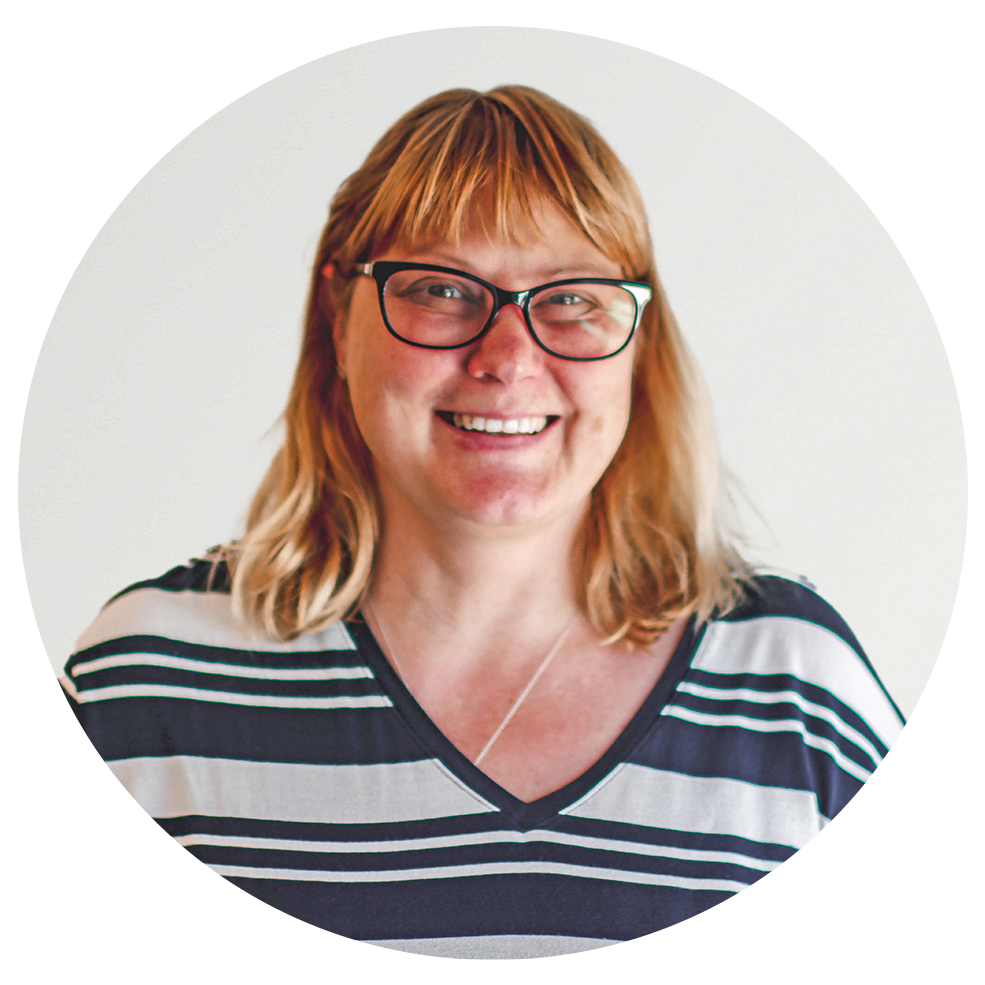Designing for dementia: Facts Fiction and Finesse
In this webinar we explore dementia from a design and clinical aspect, looking at types and symptoms and how we design our care homes for the future.
Learning Outcomes
- Understanding the types and possible symptoms of Dementia
- How we need to design interiors to be fit for purpose
- Tips and advice of how to approach the design
Meet our Experts

Jenny is a senior occupational therapist. She qualified in 1997 and completed her MSc in Neuro-rehabilitation in 2007. She has worked in Neurological Rehabilitation at the Battle Hospital in Reading, and the Rivermead Rehabilitation Centre in Oxford which became part of the Oxford Centre for Enablement in 2000. She moved into the Specialist Disability Service at the OCE from where she joined the Oxford MND Centre in January 2007.
Since August 2009 Jenny has been funded full-time by the Motor Neurone Disease (MND) Association to develop NHS wheelchair services across the UK, to improve wheelchair provision for people living with MND.

Gilly started Koubou Interiors in 2004, she has been CPD Director for the BIID and was Past President 2018-2019. Gilly also speaks at various events about designing for the ageing population, especially focusing on design constraints imposed by dementia and other disabilities.
People who watched this also watched...
Bed standards and side rail provision
This webinar will discuss the issues around the use of bed rails and bed levers and how we can adhere to the guidance. It will discuss what needs to be included in a risk assessment and explore alternative solutions for managing bed falls.
A live demonstration of the FloorBed and JuniorKit will be included.
Customised Equipment- Making Things Possible
This session will provide an overview of REMAP, a national charity that has been making and adapting equipment to meet the unique needs of individuals at no cost to them. The variety and complexity of equipment provided is wide-ranging and limited only by the creativity and skills of its volunteer engineers. The equipment created is explicitly designed for the client.
Sharing case studies, we will showcase the life span of REMAP’s service and explore how your professional curiosity can help clients achieve much more. We will discuss what can be achieved and how to consider the language we use as occupational therapists when working with the engineer. We will explore how you can influence commercial manufacturers to design accessible and cognitive infusion products.
The role of seating in addressing posterior pain
In this session we will explore the fundamentals of reported pain, how it can present, how it can impact function and how often a chair is seen as the solution.
This session is aimed at providing therapists the opportunity to think around this common issue and enable them to ask investigatory questions to help adjust seating as required.


